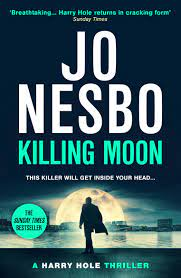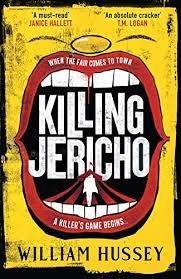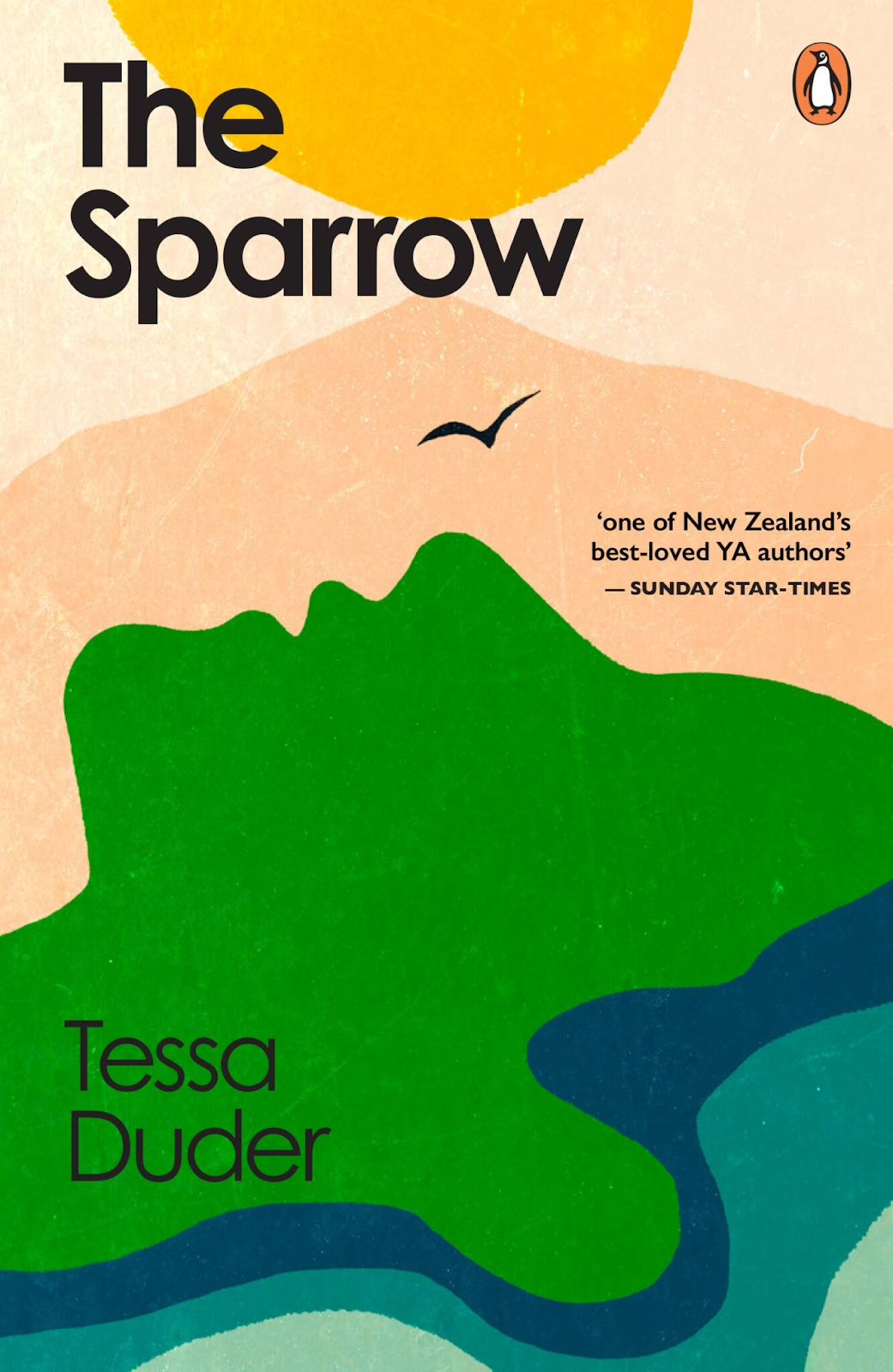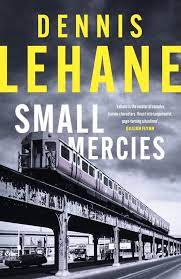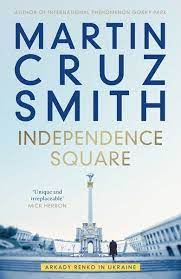The
Bone Tree, by Airana Ngarewa.
I
was glad to finish this book. Not
because it was a rubbish read, poorly written – just the opposite: it is a towering, brutal story of the sadness
and violence endured by children of poverty in Aotearoa New Zealand; the feelings of hopelessness and helplessness
engendered by their terrible vulnerability – and the remedies some of them will
employ in order to survive.
This
is NOT an easy read for any New Zealand European as it delves mercilessly into
our doubtful colonial history, different versions of which have been taught in
schools for more than a century; only in
the last decades has the Maori language been recognised as the second official
language of our country, and Te Reo is now being used extensively in everyday
speech, to the joy of Tangata Whenua: the language is alive and well!
Sadly,
teenager Kauri (or Cody, as his Irish dad and the welfare organisation reps
call him) knows his father will not live much longer; Kauri nurses him faithfully but doesn’t
actually care if he dies; he has been
the victim of many vicious beatings when his dad came home drunk and raging
against Kauri’s Maori mother ‘who woke up dead one day’ from a wrongly
diagnosed illness. Nah, good riddance to
the old bastard - even though Kauri looks after him to the best of his ability,
he certainly won’t be missing him.
But
Kauri’s main worry is his little brother Black – who is anything but, being as
pale as milk and a stranger to schooling of any kind, making him a perfect
target for the pakeha welfare guys who have been sniffing around too much
lately; Kauri has seen what happens to
kids who get ‘uplifted’ by the Welfare – they turn out broken, and he can’t
have that for his beloved little bro.
When the old man dies, Kauri will go on a quest to find his relatives
–there must be some family left out
there who will help them find their place in life, their ancestry, their place
of belonging, their turangawaewae.
And
Kauri’s search leads him to the nearest city, and family to which he would
never have dreamed of associating – a whole church full of them, not to mention
a fallen sinner who introduced Kauri to all these Holier-than-Thous – every one
of them pious to a fault, but never acknowledging their family
connections. In his efforts to find his
family, Kauri also learns some very big life lessons about those who want to be
found, and those who don’t.
It
was hard going reading this story. It
made me deeply ashamed of our country’s bloody history and the glossing-over of
terrible mistakes made by the early colonial powers that are now finally being
acknowledged. Thank you, Airana Ngarewa,
for this great and timely story. SIX STARS.



